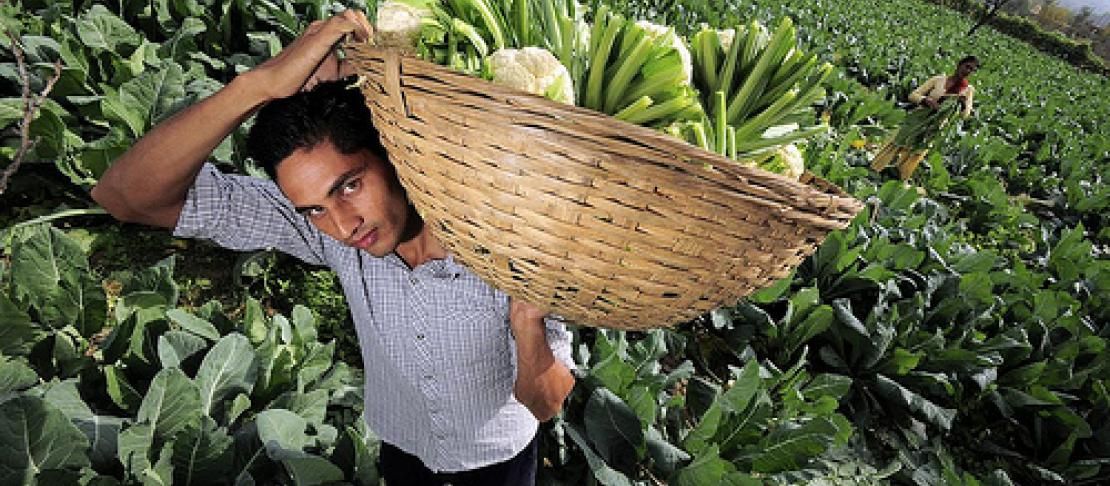Top scientists from emerging economies call for agricultural work program in climate change talks

Today, leading scientists from the BRICS+ countries (Brazil, Russia, India, China and South Africa - plus Indonesia and the United States) have joined to call for an agricultural work programme under the UN Framework Convention on Climate Change. The call is directed at negotiators who are currently gathered in Durban to decide on the future of a global climate treaty. The call comes out of a conference in Beijing last month on food security, which was coordinated by CCAFS partners at the International Food Policy Research Institute
The experts say agricultural research expenditures must be increased substantially to address the needs for agricultural adaptation and mitigation, and highlight twelve priority areas for research, including pests and diseases, storage losses, land use change, international trade, and human capital development.
Climate change presents a major threat to sustainable food security. Recent changes to agriculture consistent with climate change include shifts in the production of rice and maize in the northern hemisphere and climate-induced changes in crop productivity across the world. There will be additional changes as global temperatures rise, precipitation patterns change, and the likelihood of more extreme climate-related events grows.
While the general trend of increasing temperatures is clear, major uncertainties remain in the distribution and magnitude of climate change outcomes, the location-specific consequences for agriculture, the possibilities for adapting to a changing climate, and the potential role for agriculture in reducing the amount of greenhouse gasses (GHGs) in the atmosphere.
“We urge the UNFCCC delegates to approve a Subsidiary Body for Scientific and Technological Advice work program on agriculture,” said Elisio Contini, head of the Brazilian Agricultural Research Corporation’s (EMBRAPA) Office of International Affairs. “It would catalyze new research and be a central venue for the world’s research community to report its findings and identify the highest-priority research on adaptation and mitigation to reduce the suffering of the world’s poor and vulnerable.”
Read the full press release: Leading BRICS+ Researchers Recommend Agricultural Work Program to Climate Change Convention Negotiators - 1 December, 2011
Read the full recommendations: Fighting hunger in a changing climate How can agriculture respond?